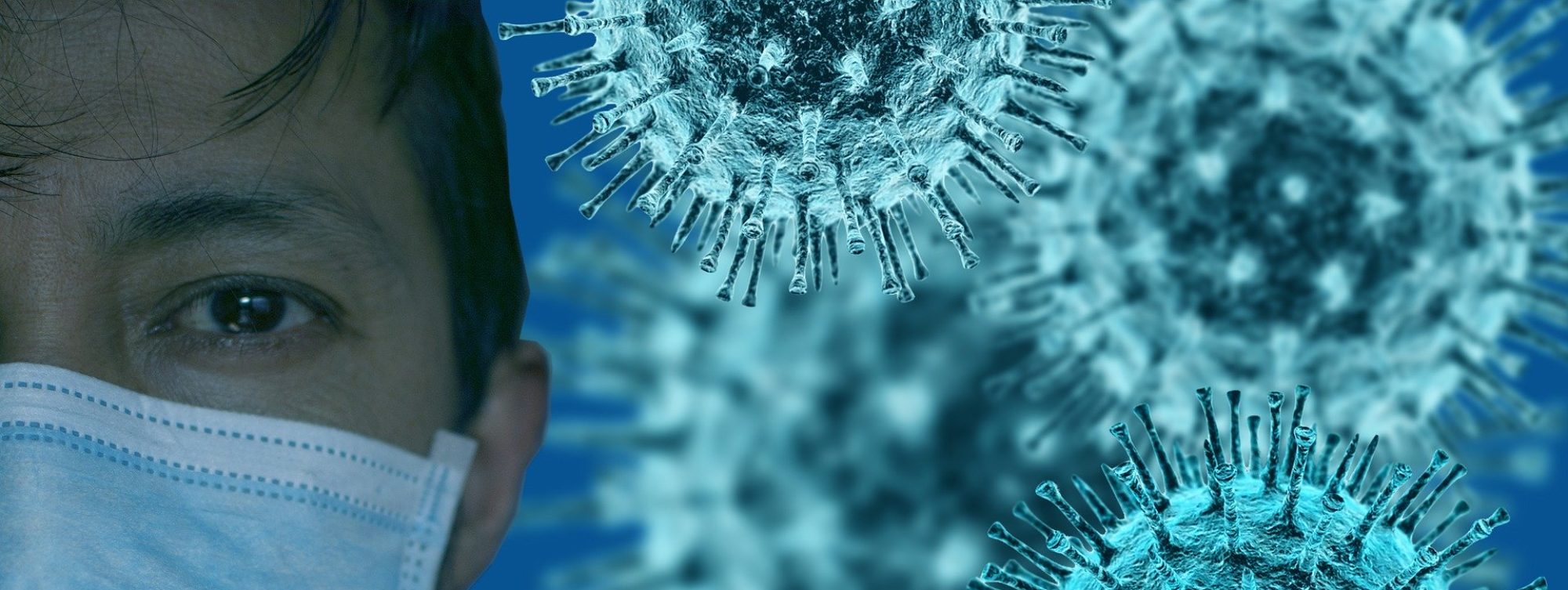Check out the newest set of COVID resources slide deck focused on Health Care Workers -cases-mortality- stress and burnout and attrition. Health-care workers account for 1 in 7 coronavirus cases recorded by the World Health Organization. We need to focus effort on protecting these vulnerable frontline workers.
ARHE is selected for the American Anthropological Association Presidents’ Award
| From the award website: The SMA’s Anthropological Responses to Health Emergencies Special Interest Group is recognized for rapidly mobilizing a wide range of valuable information resources in response to the emerging COVID-19 pandemic, including a series of highly informative webinars, online background information resources, and an expanded roster of content area specialists ready to share their insights with response partner organizations and affected communities. AAA Presidents’ Award Information ~~~~~~~~~~~~~~~~~~~~~ We are so honored to be recognized for our Special Interest Group’s work on COVID-19 and for the efforts of everyone involved in the webinars, the calls to action, the workshops, business meetings, and panel presentations that ARHE has sponsored or assisted with since 2016 on Zika, Ebola, Measles, and now COVID-19. Thank you to everyone involved in the Special Interest Group. Thank you to the American Anthropological Association for your recognition of our work and the mission of our Special Interest Group. Kristin Hedges (Grand Valley State University) Deon Claiborne (Michigan State University) Co-Chairs, Anthropological Responses to Health Emergencies |
What we are reading: COVID-19 and the Turn to Magical Thinking
Hugh Gusterson writes a powerful article on the influence that magical thinking has on coping with the types of stress we are facing now with the coronavirus pandemic. He compares the early 20th century Maji Maji Rebellion against German occupation of what is now Tanzania to the (mostly) U.S. protesters arming themselves while the practice their first amendment right to dissent.
He notes that “people turn to magic when they feel powerless” and how this magic can lead to a “sense of false security.” Conspiracy theories abound when the world around us is uncertain as well. Gusterson, briefly, lists the types of rumors and false cures that people around the world latch onto in the face of chaos and concern. He then focuses his attention on the U.S. and the different examples of magical thinking and pseudoscience. He argues that, while magical thinking and pseudoscience are coping strategies in uncertain times, they are ultimately no match against the realities of a viral pandemic and can even cause harm.
This is not the first time that pandemics have led to such ideas. During the worst of the AIDS pandemic, scientists and physicians with questionable credentials pandered “theories” and even a president failing to provide antiretroviral medications to his citizens and various “cures” including violence against women and girl children . And, during the recent Ebola epidemics, rumors of witchcraft and Western aid and medical workers using Ebola for demonic purposes spread almost as fast at the epidemic itself.
We will be managing ourselves, our children, our governments, our economies, and our world for months to come in the face of COVID-19. Part and parcel in that management is managing our stress, fears, and phobias related to sickness, health, and our health and democratic institutions. A management strategy, for better or for worse, is magical thinking, unfounded cures, and yes, sometimes violence against our most vulnerable.
